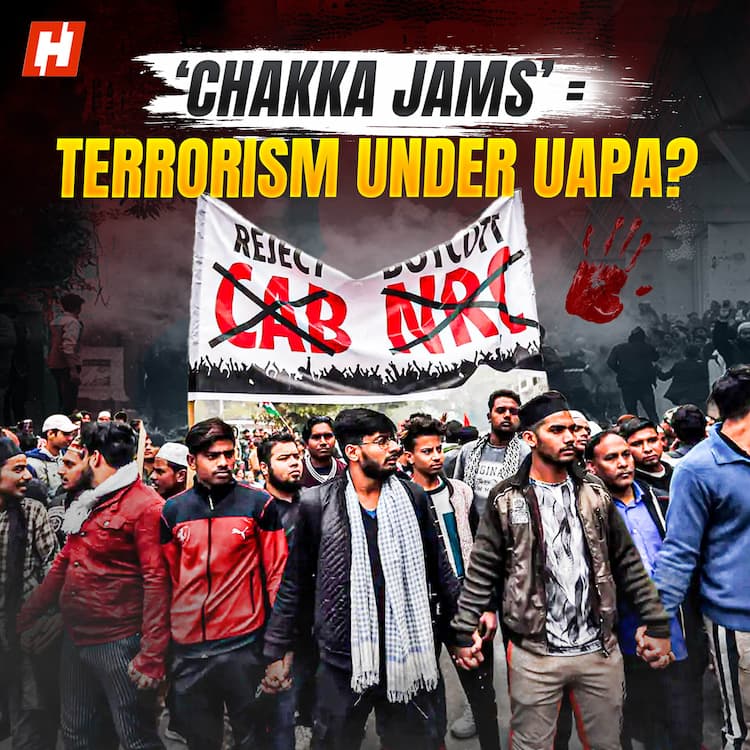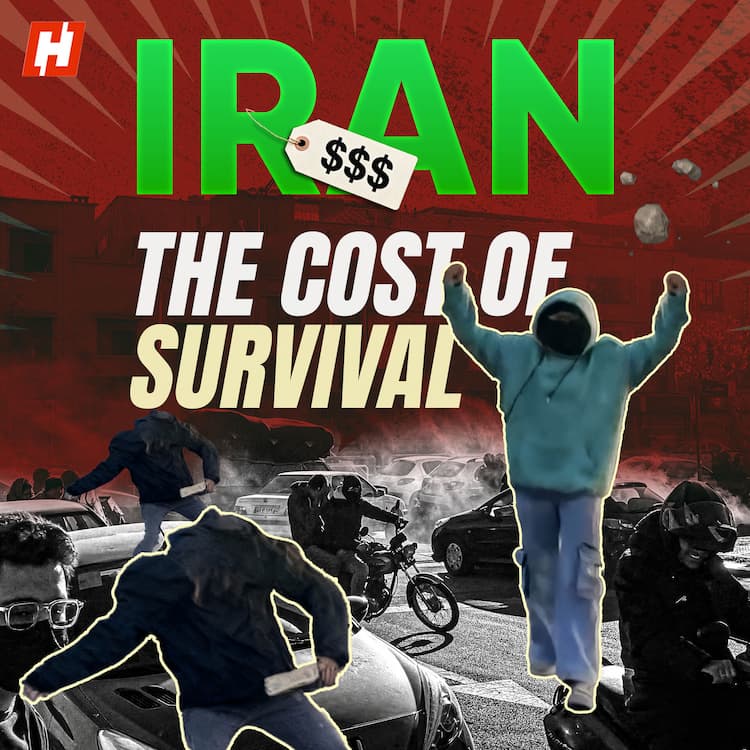How many conflicts has Trump actually resolved?

US President Donald Trump has claimed that he has resolved 7 wars since taking power. Since July 28, two months after taking credit for the India-Pakistan ceasefire, Trump has been repeatedly claiming that he has resolved six wars since his ascension to the presidency.
Trump claims that these six rival nations—India and Pakistan, Israel and Iran, Armenia and Azerbaijan, the Democratic Republic of Congo and Rwanda, Cambodia and Thailand, Egypt and Ethiopia and Serbia and Kosovo—would have still been at war if he were not the president of the United States.
This had led the White House to label him the “peacemaker-in-chief”. His admirers, including Trump himself, demand that he be rewarded with the Nobel Peace Prize for hammering out peace deals.
But, there are a couple of glaring gaps in his peace mission—the Russia-Ukraine war, which Trump vowed to end within 24 hours of taking office, and the Israel-Hamas war.
Critics even contest his claims on the wars he supposedly ended. They say that even with Trump’s involvement, some of these conflicts remain unresolved—despite repeated self-praise by the US president.
Here’s where they stand now.
Armenia and Azerbaijan
In early August, leaders from Armenia and Azerbaijan signed a peace agreement at the White House, bringing their decades-old conflict to an end.
Armenia and Azerbaijan, both parts of the Soviet Union, have been at loggerheads since the late 1980s over the contested territory of Nagorno-Karabakh.
Both leaders praised Trump for stepping into the conflict that was previously being mediated by Russia—until Putin’s attention shifted to the Ukraine invasion in 2022.
But the countries have so far not agreed on a shared border.
Azerbaijan continues to demand that Armenia amend its constitution and remove mentions of the disputed Nagorno-Karabakh region, which Azerbaijan took over entirely in 2023.
Azerbaijan also occupies small areas of Armenia, citing security concerns.
For now, the border between the two nations is closed, and diplomatic ties remain broken.
Rwanda and Congo
Top diplomats from Rwanda and the Democratic Republic of the Congo visited the Oval Office in June to sign a historic peace agreement.
For over three decades, Congo and Rwanda were locked in a cross-border conflict, leading to millions of people being displaced and a massive humanitarian crisis.
Qatar also played a major role in the deal, which Trump called “a glorious triumph.”
But talks on a comprehensive peace agreement have since faltered, and deadly fighting has resumed.
On Monday, the main rebel group in eastern Congo, known as M23 and backed by Rwanda, threatened to renege on the US-backed deal, claiming that its primary foe, the Congolese army, had broken its terms.
India and Pakistan
Tensions had flared up in the South Asian region in May, following a terrorist attack in India’s Kashmir, in which 26 tourists were killed.
India had launched a military operation against Pakistan, calling it Operation Sindoor. The Indian forces targeted terror launchpads and destroyed key military assets of the Pakistani Army.
Retaliation from Pakistan raised concerns of a potential nuclear conflict.
But days later, Trump announced a full ceasefire and took credit for mediating between the two countries.
But India denied the US’ involvement.
The differing accounts have now led to the deterioration of relations between the US and India.
Cambodia and Thailand
Cambodia and Thailand announced an unconditional ceasefire in July to resolve a five-day cross-border conflict that led to dozens of deaths.
The deal was signed in Malaysia after the two nations faced pressure from Trump, who warned the US might not conduct trade deals with either country.
But the truce agreement was immediately tested after the two countries accused each other of carrying out attacks.
Egypt and Ethiopia
For years, Egypt and Ethiopia have been involved in a diplomatic dispute over Africa’s largest hydroelectric dam on the Nile River, which Cairo fears will threaten its water supply.
During his first term, Trump facilitated talks between Ethiopia, Egypt, and Sudan in Washington in 2020.
While the negotiations stalled and no binding agreement was signed, the president now claims his efforts helped stabilise the situation.
Ethiopia recently announced that it had completed the dam, with an official opening scheduled for next month. Egypt and Sudan continue to oppose the project, fearing it will limit the flow of water from the Nile River to their countries.
Serbia and Kosovo
The conflict between Serbia and Kosovo was another situation in which the Trump administration intervened.
Kosovo declared its independence from Serbia in 2008, a decade after the Kosovo war.
But Serbia does not recognise its independence, and the conflict over national identity and territorial disputes has carried on.
In 2020, during Trump's first term, he brokered a short-term peace. The Washington Agreement was a economic normalisation pact between the two nations.
But tensions between Serbia and Kosovo remain unresolved. NATO officials have been urging the two nations to speed up talks to find a lasting peace.
Israel and Iran
Donald Trump brokered a ceasefire between Israel and Iran after bombing Iranian nuclear sites during the 12-day war.
Though neither Iran nor Israel disputes Trump’s role in ending the war, tensions still remain.
The US-Iran talks on Tehran’s nuclear programme have been on the back burner for years, and there are no signs of reviving them.
A few experts believe that Iran might eventually resume enriching uranium, needed to build a nuclear weapon, despite America’s claims of damaging Iran’s most advanced nuclear enrichment site.
Trending in News

Odisha farmers’ big leap: Dhenkanal strawberries now in London

From khaki to broom: The officer still on duty at 88

‘Chakka jams’ = terrorism: How SC’s order denying bail to Khalid and Imam just made UAPA a whole lot scarier

